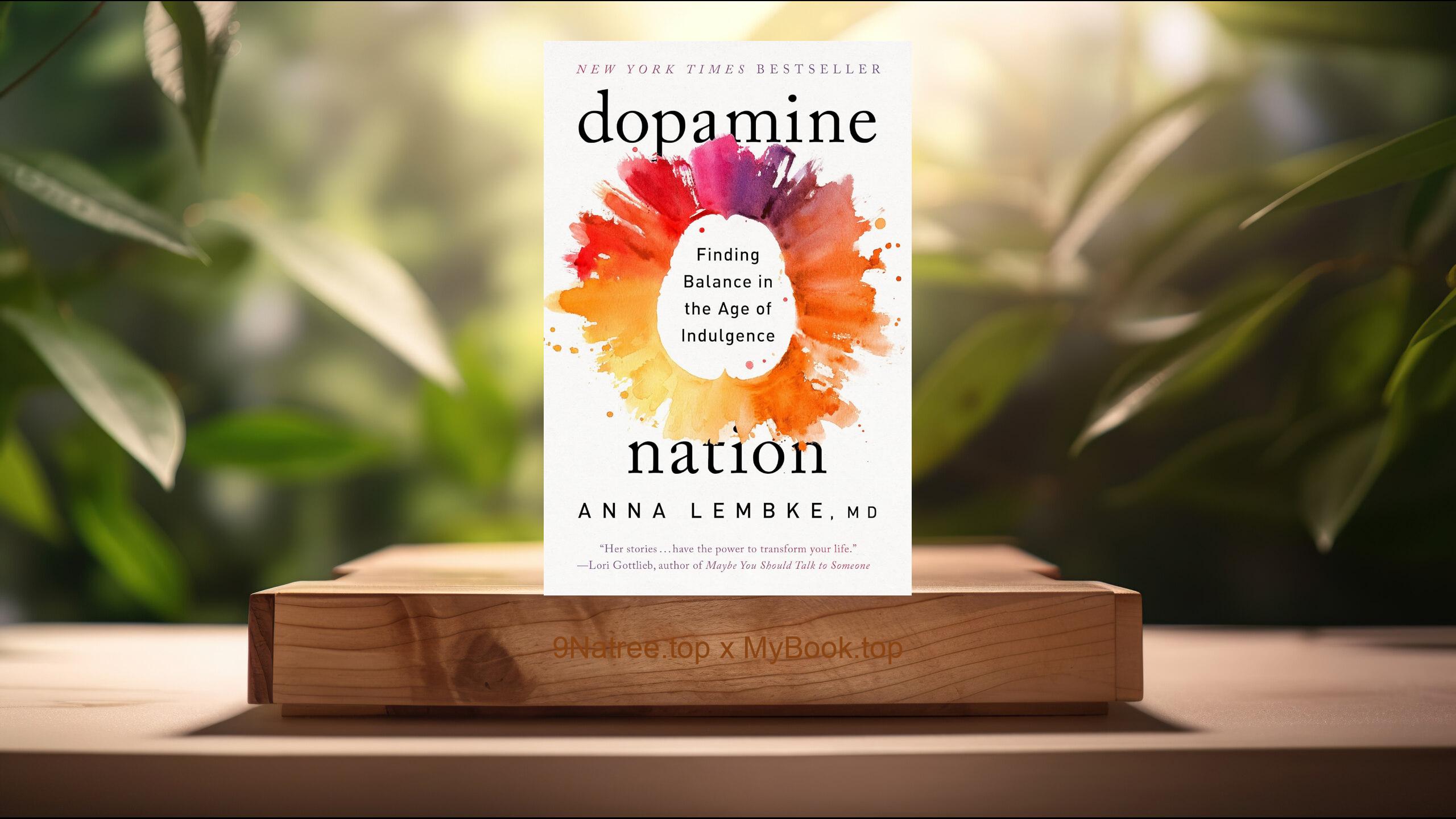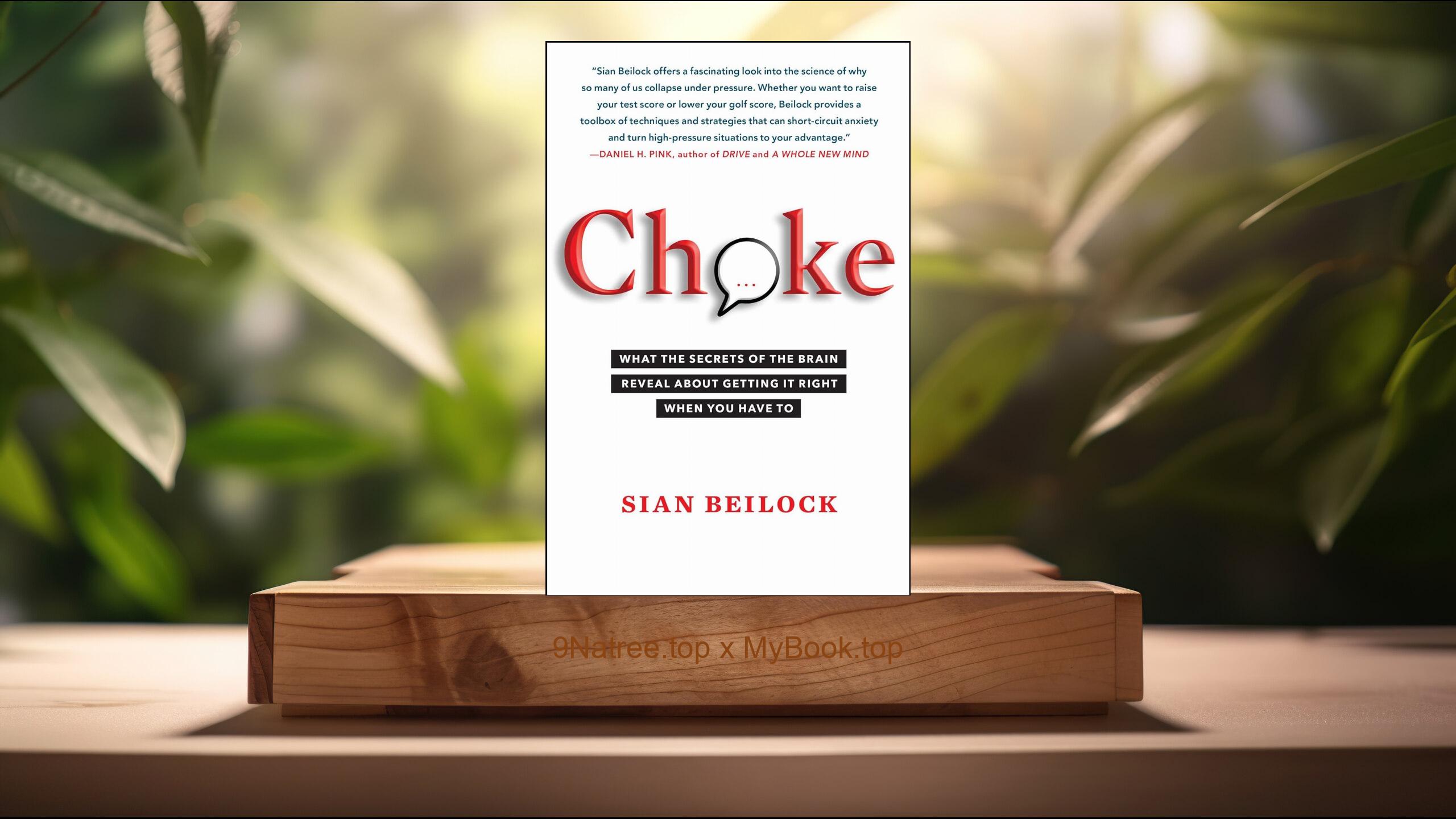Show Notes
- Amazon Books: https://www.amazon.com/dp/B00JCW0BCY?tag=9natree-20
- Apple Books: https://books.apple.com/us/audiobook/being-mortal-by-atul-gawande-book-summary-medicine/id1497441020?itsct=books_box_link&itscg=30200&ls=1&at=1001l3bAw&ct=9natree
- eBay: https://www.ebay.com/sch/i.html?_nkw=Being+Mortal+Medicine+and+What+Matters+in+the+End+Atul+Gawande+&mkcid=1&mkrid=711-53200-19255-0&siteid=0&campid=5339060787&customid=9natree&toolid=10001&mkevt=1
- Read more: https://mybook.top/read/B00JCW0BCY/
#AtulGawande #EndofLifeCare #AgingandIndependence #MedicalEthics #PalliativeCare #QualityofLife #HealthcarePolicy #BeingMortal
These are takeaways from this book.
Firstly, The Evolution of Medical Care, Gawande discusses the transformation in medical care over the past century, focusing on how advances in medicine have significantly extended the average lifespan. He examines the shift from death occurring at home to hospitals, where life can be prolonged but often at the cost of the quality of one's remaining days. The topic delves into the medicalization of mortality, highlighting the dilemma between the possibility of extending life and the critical question of what those additional years entail. Gawande prompts readers to consider whether prolonging life should always be the default goal of medicine, especially when it may come at the expense of the dignity and comfort of the patient.
Secondly, Aging and Independence, Gawande analyzes the impact of aging on independence, focusing on how the elderly struggle with the loss of autonomy as they become more reliant on others for daily activities. He discusses the design of nursing homes and assisted living facilities, criticizing many for prioritizing safety and routine over residents' autonomy and quality of life. Through various examples, he argues for a reimagining of these spaces to better support the dignity and preferences of the elderly. Gawande presents innovative models that prioritize autonomy, such as The Green House Project, which shows the positive effects on health and happiness when elderly individuals have greater control over their lives.
Thirdly, End-of-Life Care, This topic focuses on the approach to end-of-life care, contrasting the often aggressive, interventionist model of medical care with more palliative approaches that prioritize comfort and quality of life. Gawande points out the difficulty in accepting mortality in medical culture, which can lead to unnecessary and invasive procedures that do little to improve, and can even diminish, the quality of a patient's final days. He advocates for greater use of palliative care and hospice, which centers on managing pain and preparing both patients and families for death, arguing that these practices can provide a more humane and dignified end.
Fourthly, The Importance of Conversation, Gawande emphasizes the critical role of conversation between patients, families, and medical professionals in understanding end-of-life wishes and making informed decisions. He describes how discussing fears, goals, and what matters most to the patient can lead to better outcomes, both in terms of medical decisions and personal fulfillment. This topic explores the barriers to these conversations, including the discomfort many feel when discussing death, and offers strategies for facilitating such discussions. These conversations are framed as vital tools in ensuring that care aligns with the patient's values and desires at the end of life.
Lastly, The Vision for a Better Ending, In this concluding topic, Gawande synthesizes his observations and arguments into a vision for a reformed approach to aging and death. He argues for a system that better integrates the medical, social, and personal dimensions of care at the end of life. Gawande calls for a cultural shift that accepts death as a natural part of life, focusing on maximizing quality of life instead of merely extending it. He suggests practical steps for individuals, families, and institutions to prepare for end-of-life decisions and promote a dignified approach to dying that honors the wishes of the dying person and supports their loved ones.
![[Review] Being Mortal: Medicine and What Matters in the End (Atul Gawande) Summarized](https://episodes.castos.com/660078c6833215-59505987/images/1761541/c1a-085k3-7nqdpxpziz30-qipbki.jpg)




